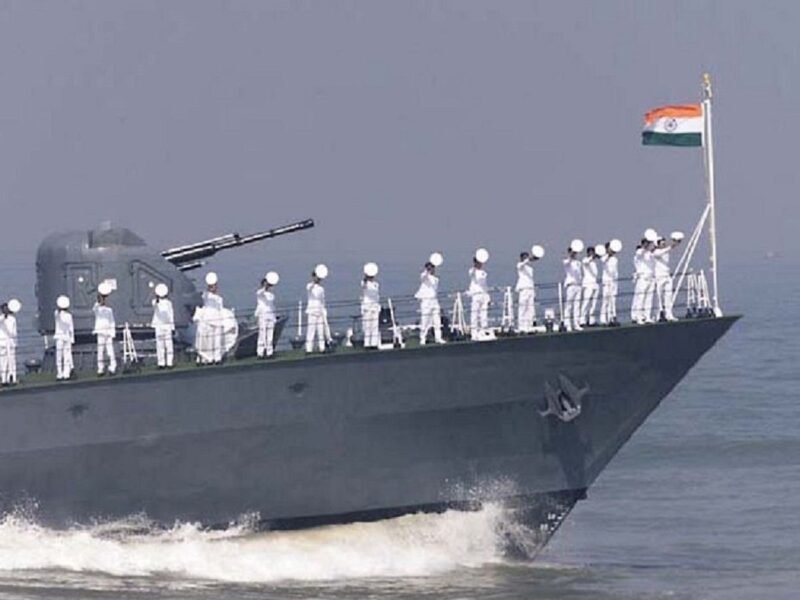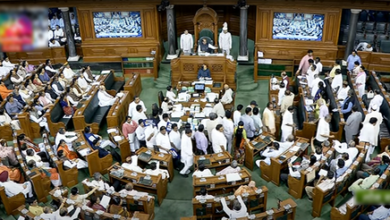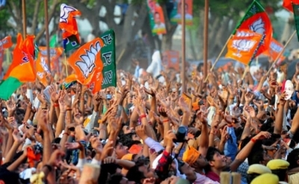India’s Legitimate Energy Ttransactions Should Not Be Politicised

New Delhi, March 18 : A day after India pointed out that a number of countries are continuing to import energy from Russia, especially in Europe, sources said on Friday that New Delhi’s legitimate energy transactions should not be politicised. Even as Europe is heavily dependent on Russia for its oil and gas, the sources said that “Countries with oil self-sufficiency or those importing themselves from Russia cannot credibly advocate restrictive trading.” The sources said that India is highly dependent on imports for meeting its energy requirements.
Nearly 85% of our crude oil requirement (5 million barrels a day) has to be imported. Most of the imports are from West Asia (Iraq 23%, Saudi Arabia 18%, UAE 11%). USA has also now become an important crude oil source for India (7.3%). Imports from the US are expected to increase substantially in the current year, probably by around 11%. Its market share will be 8%. Geopolitical developments have posed significant challenges to our energy security.
For obvious reasons, we have had to stop sourcing from Iran and Venezuela. Alternative sources have often come at a higher cost. The jump in oil prices after the Ukraine conflict has now added to our challenges. The pressure for competitive sourcing has naturally increased, the sources said. Russia has been a marginal supplier of crude oil to India (less than 1% of our requirement, not among top 10 sources).
There is no government-to-government arrangement of import. Russian oil / gas is being procured by various countries across the world, particularly Europe. 75% of Russia’s total natural gas exports is to OECD Europe (like Germany, Italy, France). European countries (like Netherlands, Italy, Poland, Finland, Lithuania, Romania) are also large importers of Russian crude oil. Notably, recent Western sanctions on Russia have carve outs to avoid impact on energy imports from Russia. Russian banks that are the main channels for European Union payments for Russian energy imports have not been excluded from SWIFT.
The sources said that India has to keep focusing on competitive energy sources. We welcome such offers from all producers. Indian traders too operate in global energy markets to explore best options. On Thursday, Ministry of External Affairs spokesperson Arindam Bagchi had said: “India does import most of its oil requirements. So we are always exploring all possibilities in the global energy markets.” He said that Russia has not been a major supplier of oil to India. “I don’t think Russia has been a major supplier; but as regards import of energy from Russia, let me highlight that a number of countries are doing so, especially in Europe,” he added. His statement came two days after White House Press Secretary Jen Psaki said that countries planning to purchase discounted Russian crude should abide by the US sanctions.
“But also think about where you want to stand when history books are written at this moment in time. Support for the Russian leadership is support for an invasion that obviously is having a devastating impact,” Psaki added. Bagchi also said that India will await the details of the sanctions imposed on Russia. “We will await details of any unilateral sanctions, the exact details, to examine their impact on our economic exchanges with Russia,” he said. To a question on whether India is planning to pay Russia in rupees, he said he is not aware of the developments in that aspect as yet. “We had a mechanism earlier of a rupee-rouble, but I’m not aware of the current status of it,” he added. According to reports, Russia is by far Europe’s largest supplier of energy. Russia’s pipeline gas exports to Europe are equivalent to about a third of global LNG trade as of 2021. If Europe were to replace all Russian pipeline gas with LNG, it would need to import about 275 bcm– which represents more than 53 percent of the global LNG trade. Europe would also need to find alternative LNG sources to replace Russian LNG.
with agency inputs






